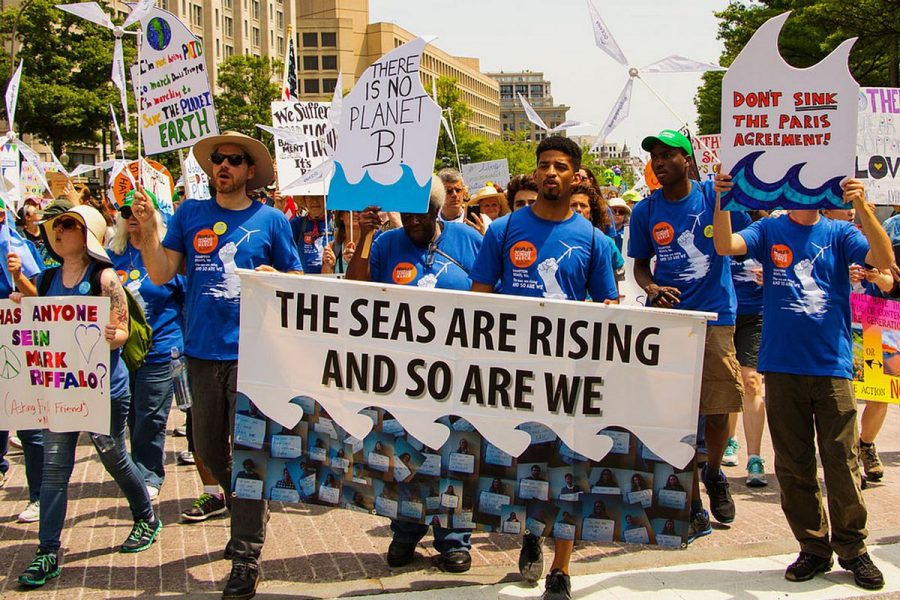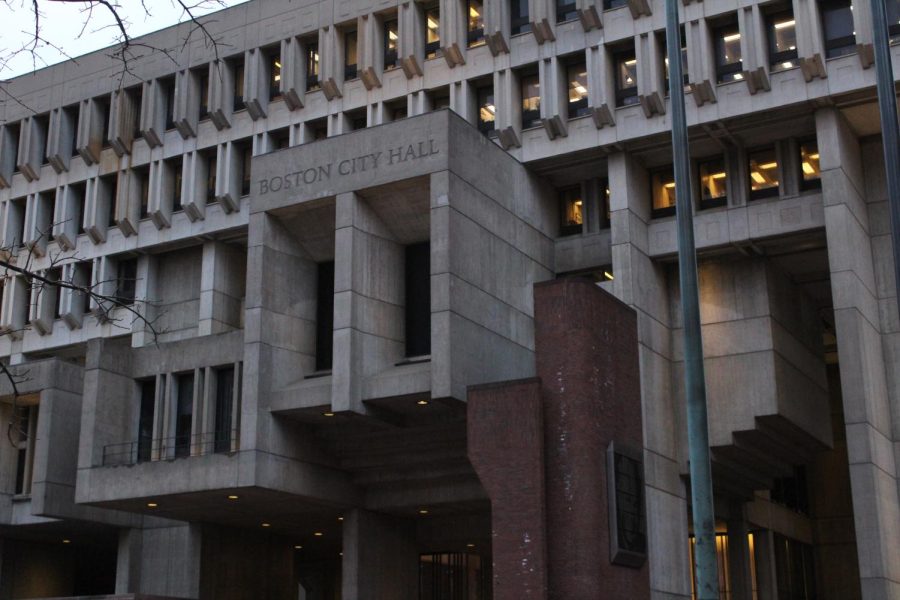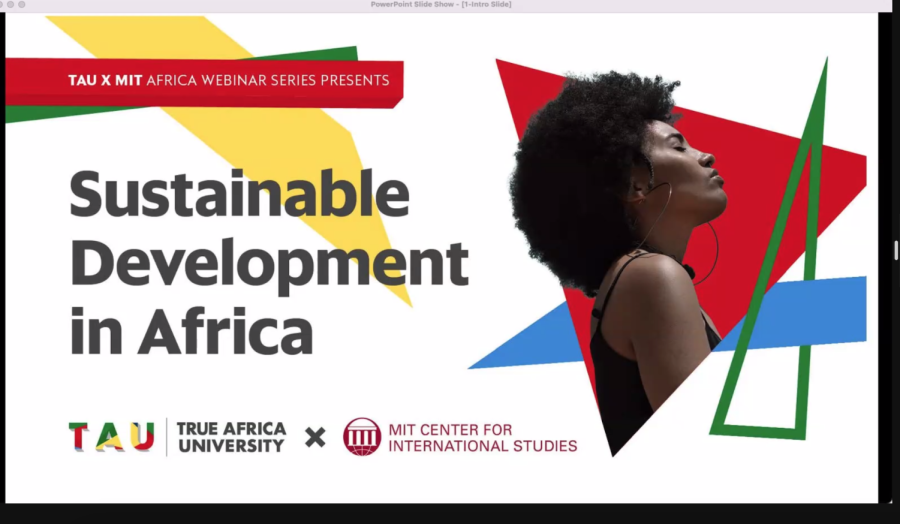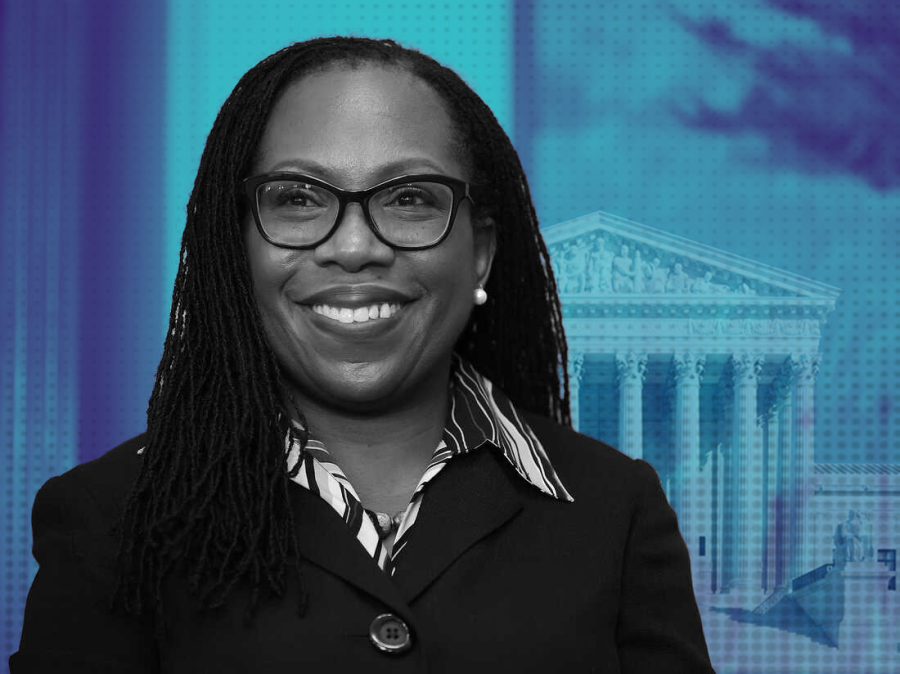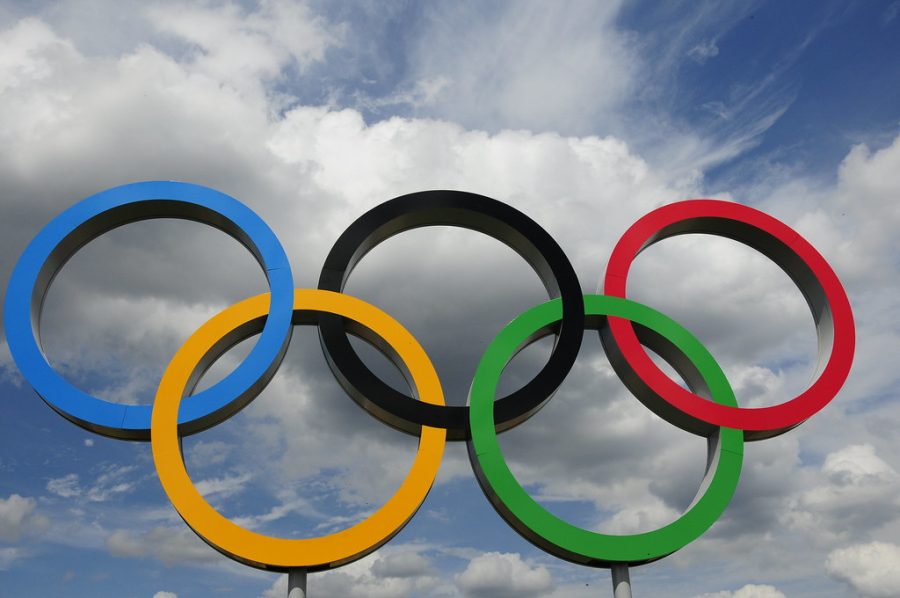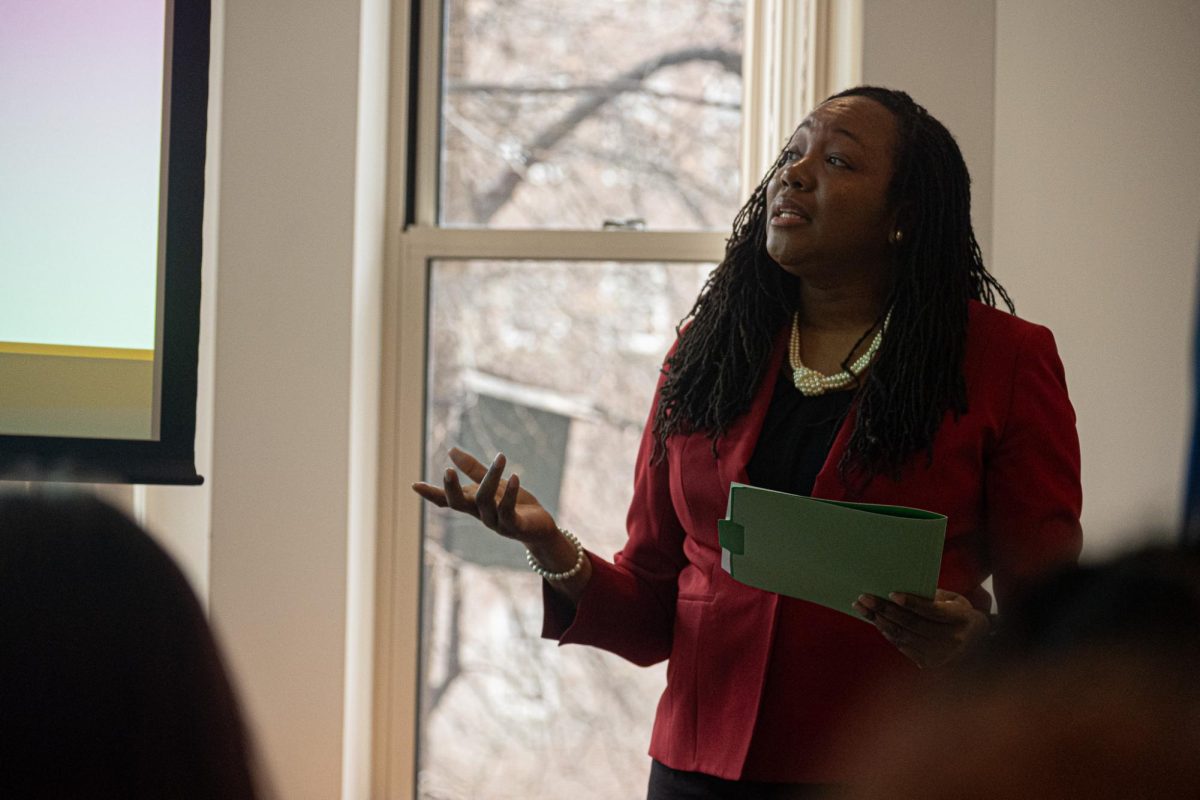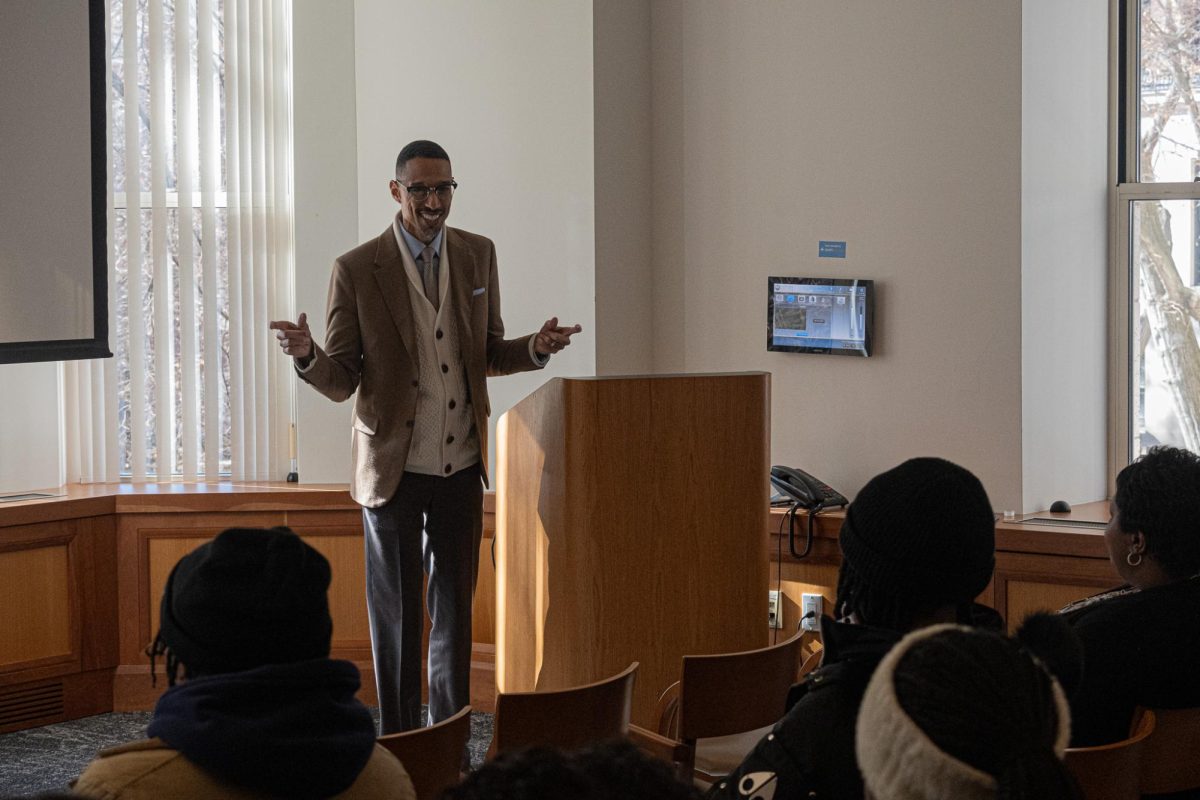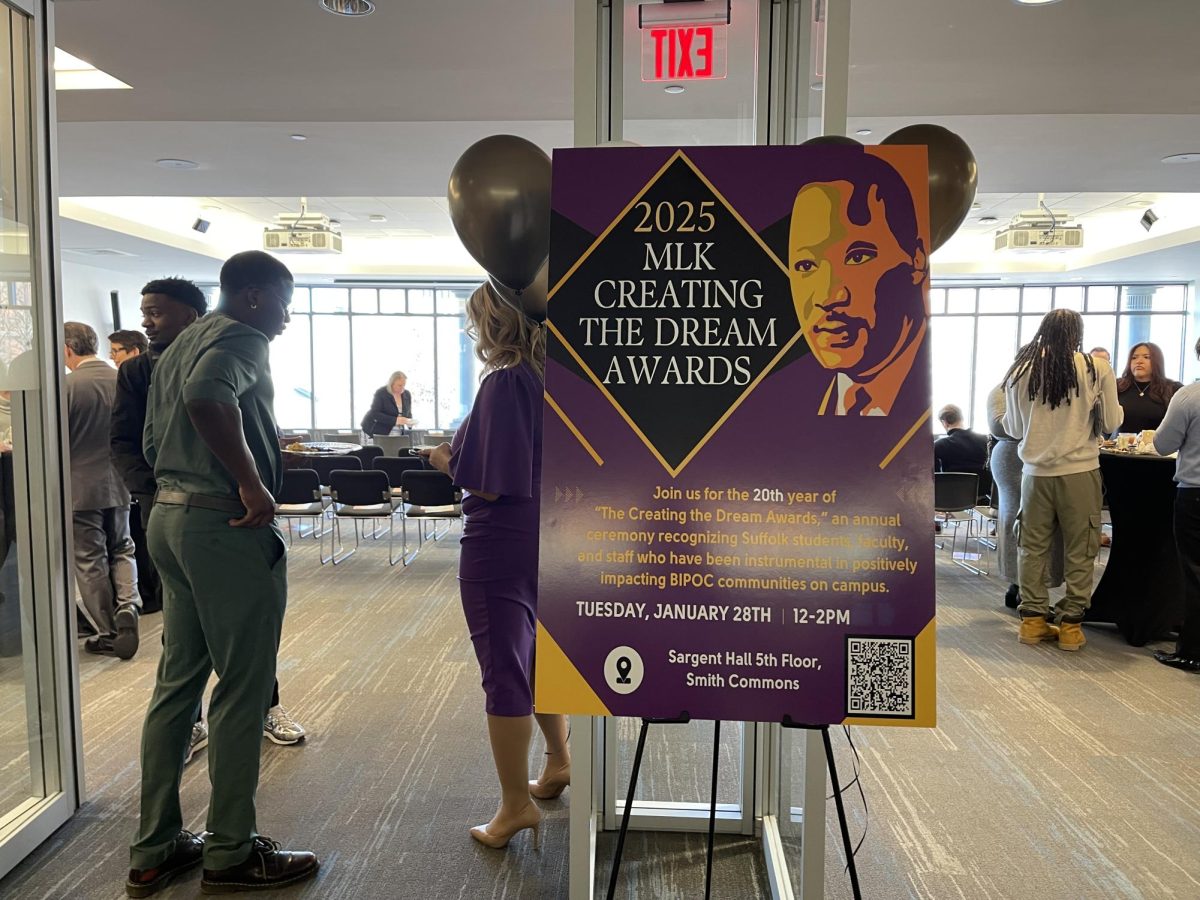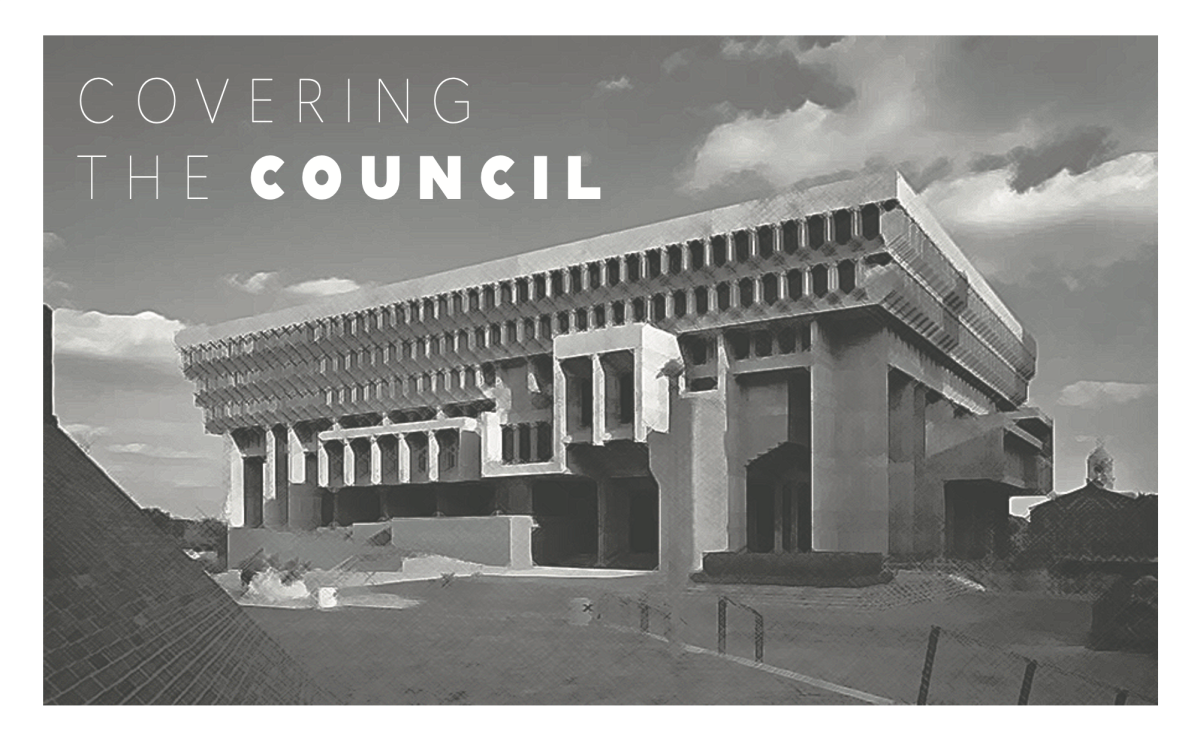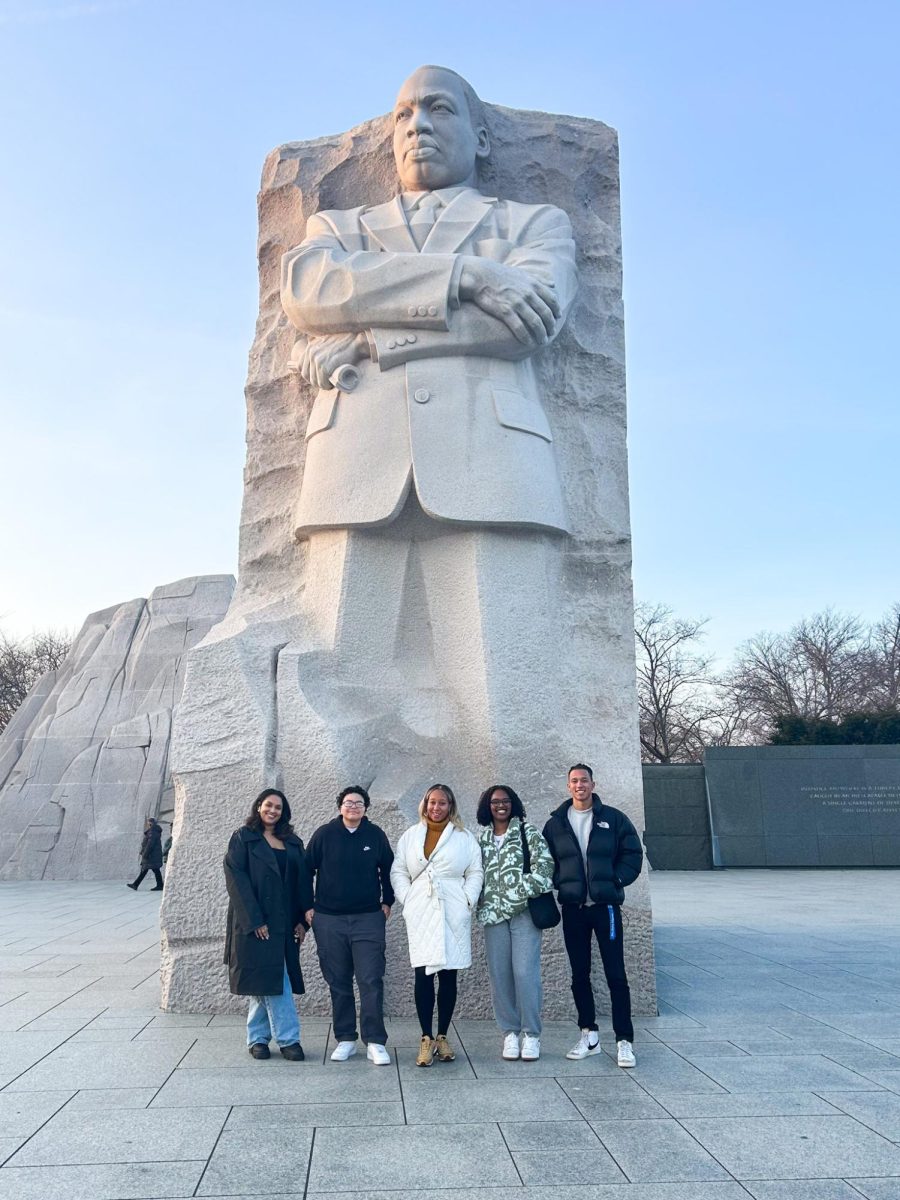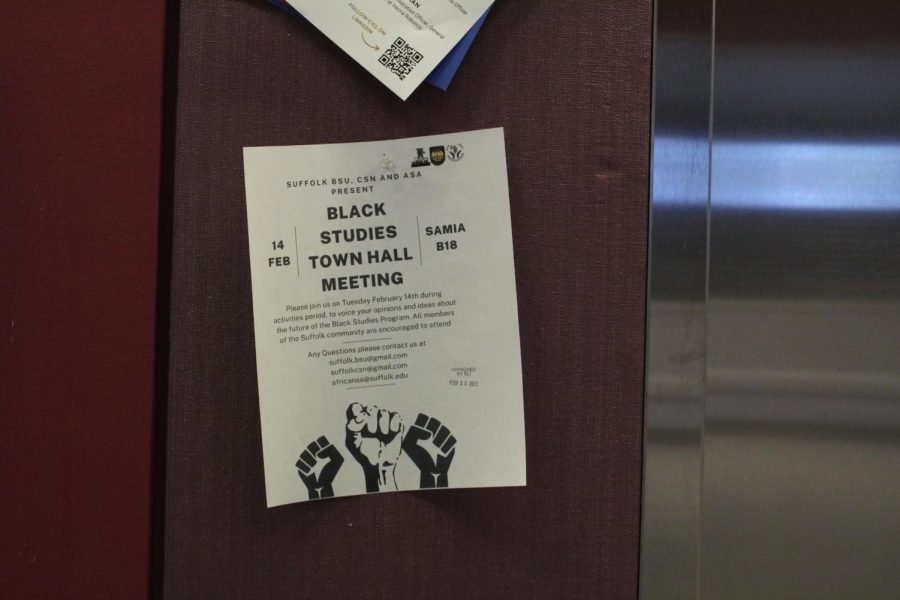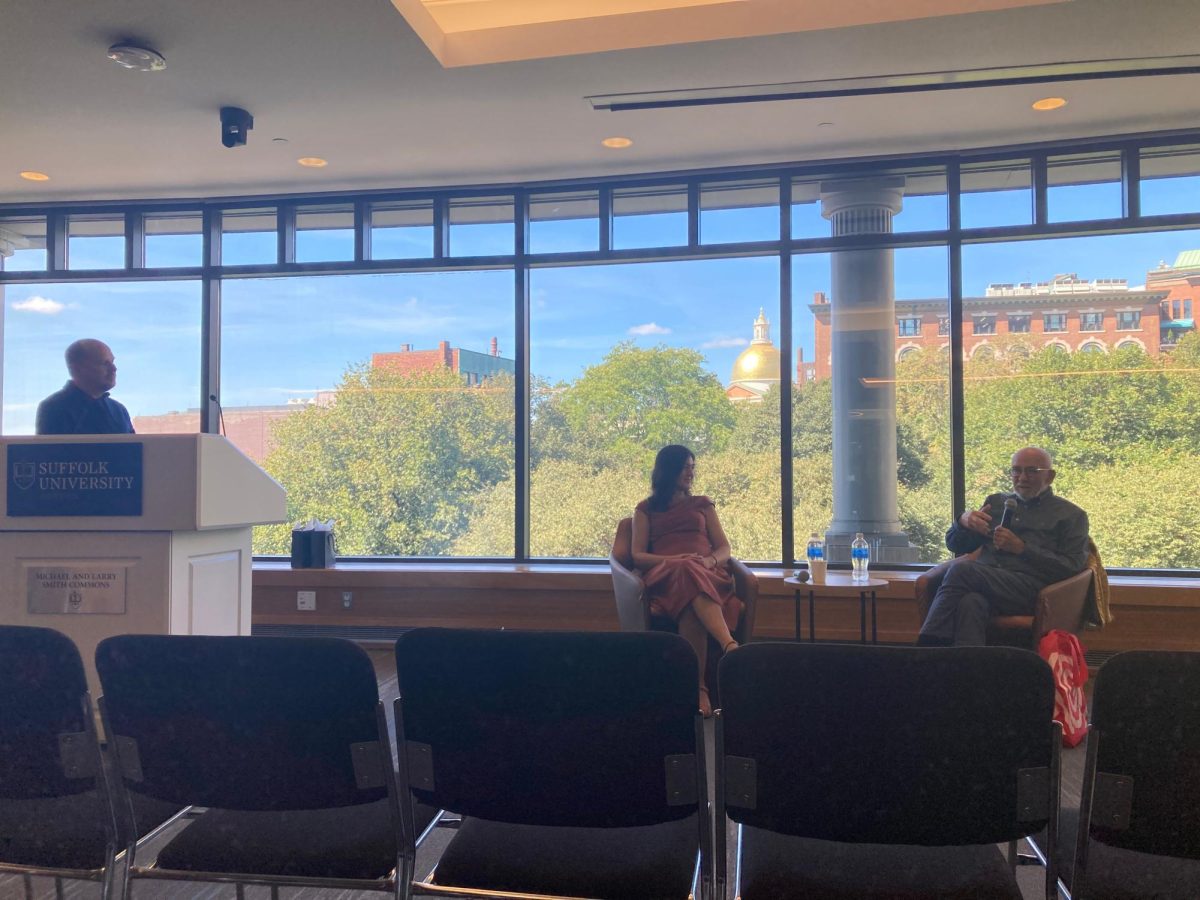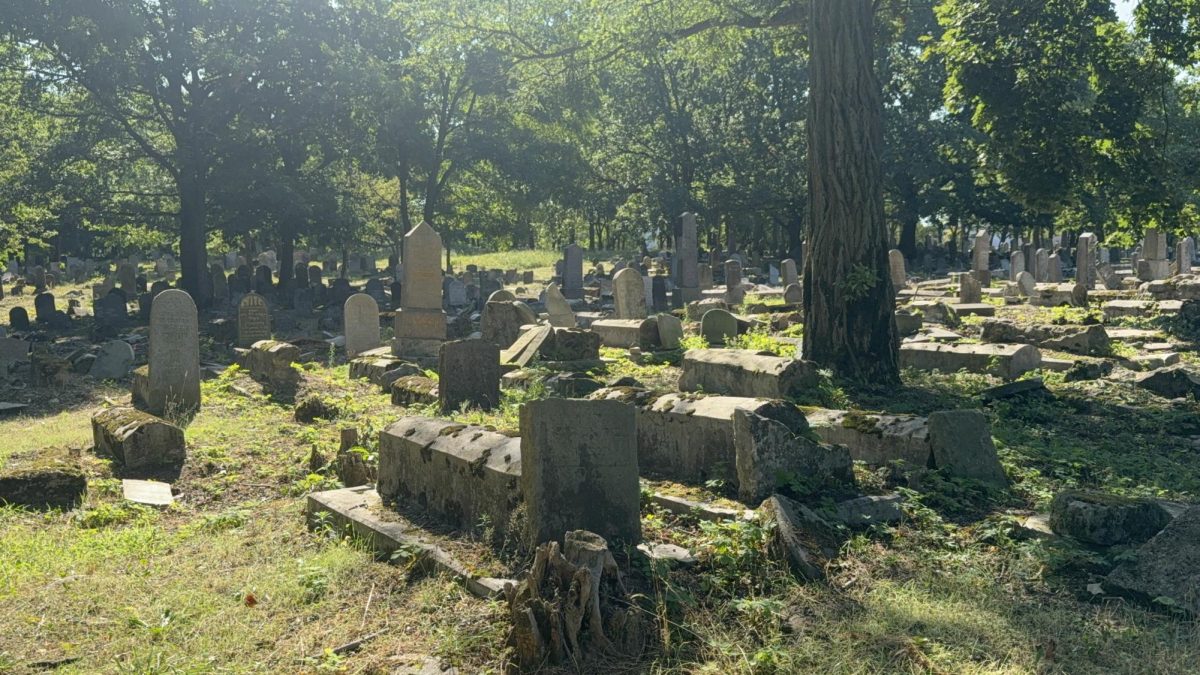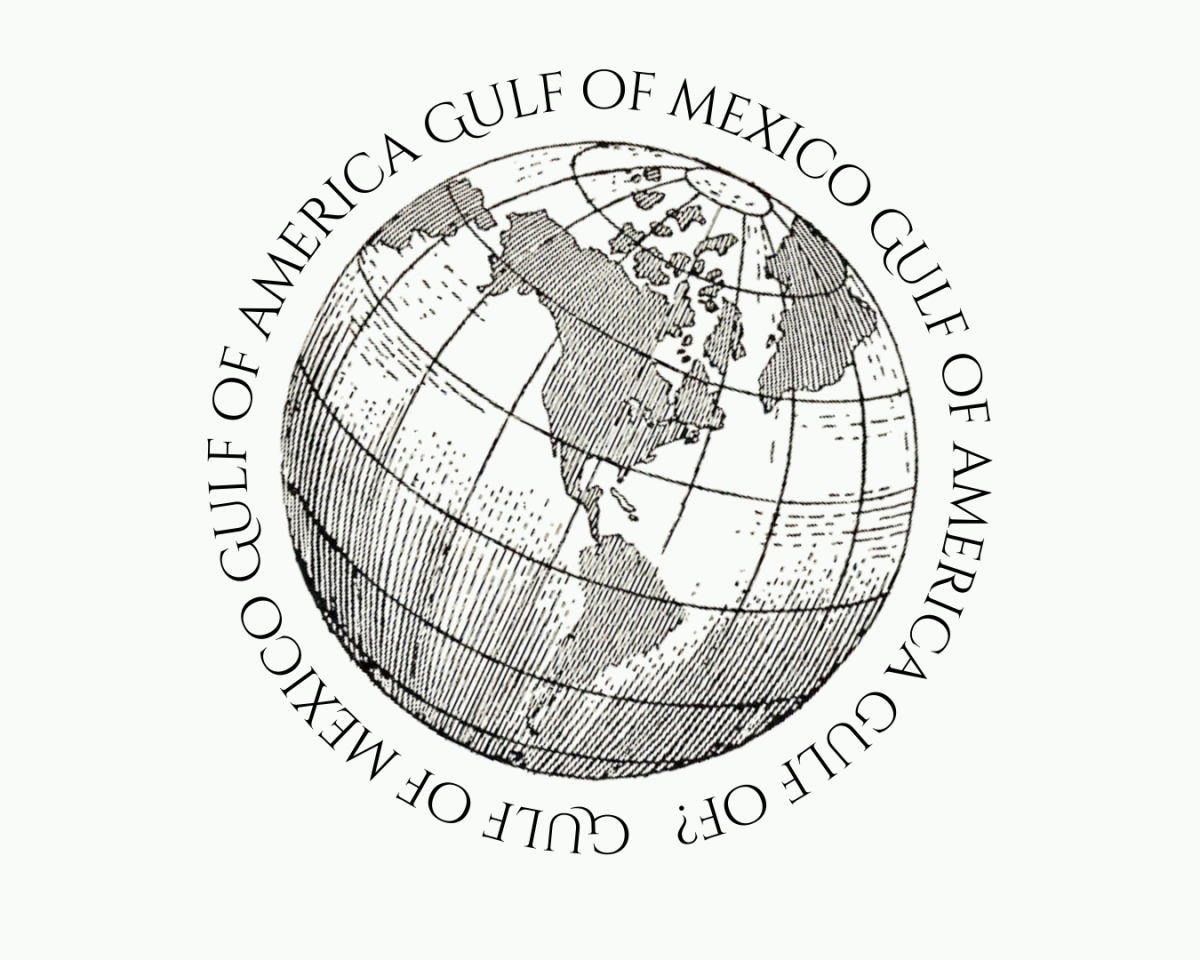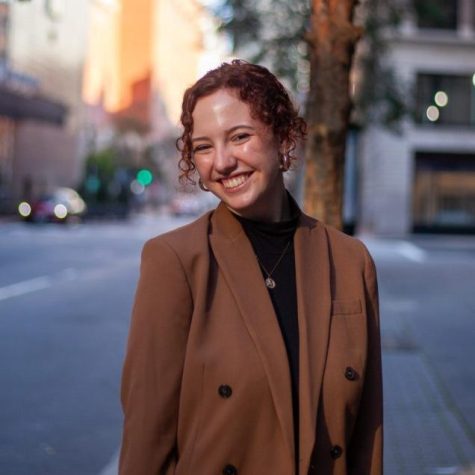Boston University’s Environmental Student Organization hosted an online seminar Friday to discuss environmental justice, and the intersection between environmentalism and race.
Reverend Mariama White-Hammond, Maria Power, and Bridget De La Torre all spoke, each sharing their own definitions of environmental justice and giving audience members insight into the world of environmentalism.
“It’s not about the environment, it’s about the people affected,” said Power, the associate executive director at GreenRoots, a community-based organization dedicated to advocating and improving public health and the environment in Chelsea and surrounding areas.
Hammond, a community activist and founding pastor of New Roots African Methodist Episcopal Church in Dorchester compared humanity’s relationship with the planet to house guests. She emphasized that eventually, the planet will become too hostile for human beings, a scientific phenomenon that she said the planet must do in order to survive.
“It’s as simple as having access to resources, to secure livelihoods, whether that be wildlife or human populations, and to live safely in a healthy way without any discriminatory environmental laws,” said Torre, referring to her personal definition of environmental justice.
Throughout the panel, the speakers emphasized the need for legislative action to stimulate equity in environmentalism.
Power said it is “much easier” to take advantage of lower income communities of color than affluent white neighborhoods, and that more often than not, activism can be purely performative.
“A lot of times, our challenges come from our very own allies,” Power said. “It’s very easy to talk about equity and Black Lives Matter. It’s easy to put up a sign outside of your house, to go to a rally, and to bring your family. That’s easy. What’s hard is using your connections and your relationships with people in power to make a change.”
Hammond added that in order for there to be positive change for low-income communities of color and the planet, there must not only be climate justice but economic and racial justice, as well.
“Let’s start making it so people think ‘when I advocate for climate, I’m advocating to be able to feed my family. When I advocate for climate, I’m advocating so my child can run outside without wheezing,’” said Hammond. “We can do things that bring multiple pieces together and be much more successful.”
The organization chose environmental justice as its topic for the year and created the panel as a way to spread their mission and education throughout Boston University and surrounding communities.
“It was something we wanted to educate ourselves more on and also educate the club more and the BU and Boston community as a whole,” said David Lewis, treasurer of ESO and co-organizer of the panel.
ESO wants to continue educating Boston and surrounding communities about environmentalism and they will likely host another similar event in the future.


